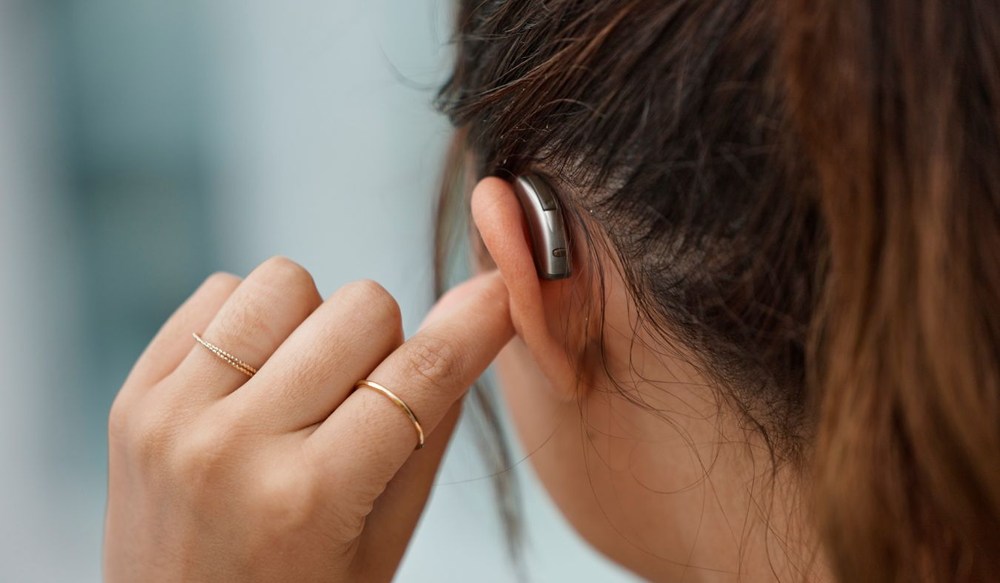How to Get the Best Fit from Custom Hearing Aids
Choosing a hearing aid that fits well can make a noticeable difference in


Choosing a hearing aid that fits well can make a noticeable difference in

If you’ve recently started noticing changes in your hearing,

Hearing loss is a common condition that affects people of all ages, though